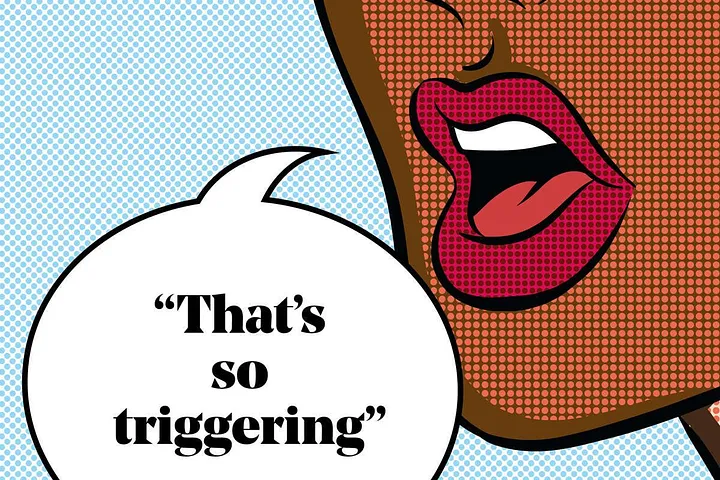Lately emotional expression has taken a new turn with an interesting set of terms entering everyday conversation. Someone who misses out on concert tickets is now ‘depressed’ and a person who gets a bad haircut claims they’ll ‘never recover from the trauma’. These hyperbolic expressions reflect the growing influence of therapy-speak in recent years.
Therapy-speak refers to the use of psychological and therapeutic jargon in everyday conversations. While therapy-speak helps raise awareness and reduces the taboo surrounding mental health, it also comes with its fair share of baggage.
Popular use of words like ‘depression’ or ‘trauma’ can lead to semantic bleaching, which refers to the weakening of a word’s meaning due to overuse. Which essentially means that they have been used so frequently and in a variety of contexts that they are now being used loosely. Such exaggerated expressions where every day struggles are dramatized with clinical labels blur the line between genuine psychological conditions and casual frustrations. As a result, the true meaning of these words is lost, which can further contribute to the spread of misinformation. This misinformation can lead to individuals incorrectly labelling oneself and others.
Further, therapy-speak often undermines the experiences of those who truly struggle with serious psychological disorders. Calling a neat and tidy person ‘OCD’ is like calling someone who double-checks their locks a secret agent — it sounds amusing, but it trivializes and invalidates a real struggle. Additionally, such misrepresentations can lead to individuals second-guessing their conditions which can affect their willingness to seek professional help.

As Confucius has wisely put, “If names be not correct, language is not in accordance with the truth of things”. Our use of words strongly affects our own and people’s perceptions and one must be mindful of the power language holds. This does not mean we should stop using psychological concepts altogether, but rather that we should fact-check what we hear or read and rely on credible sources. Being equipped with authentic psychological knowledge can be helpful in bringing attention to when someone is genuinely in need of professional help.
